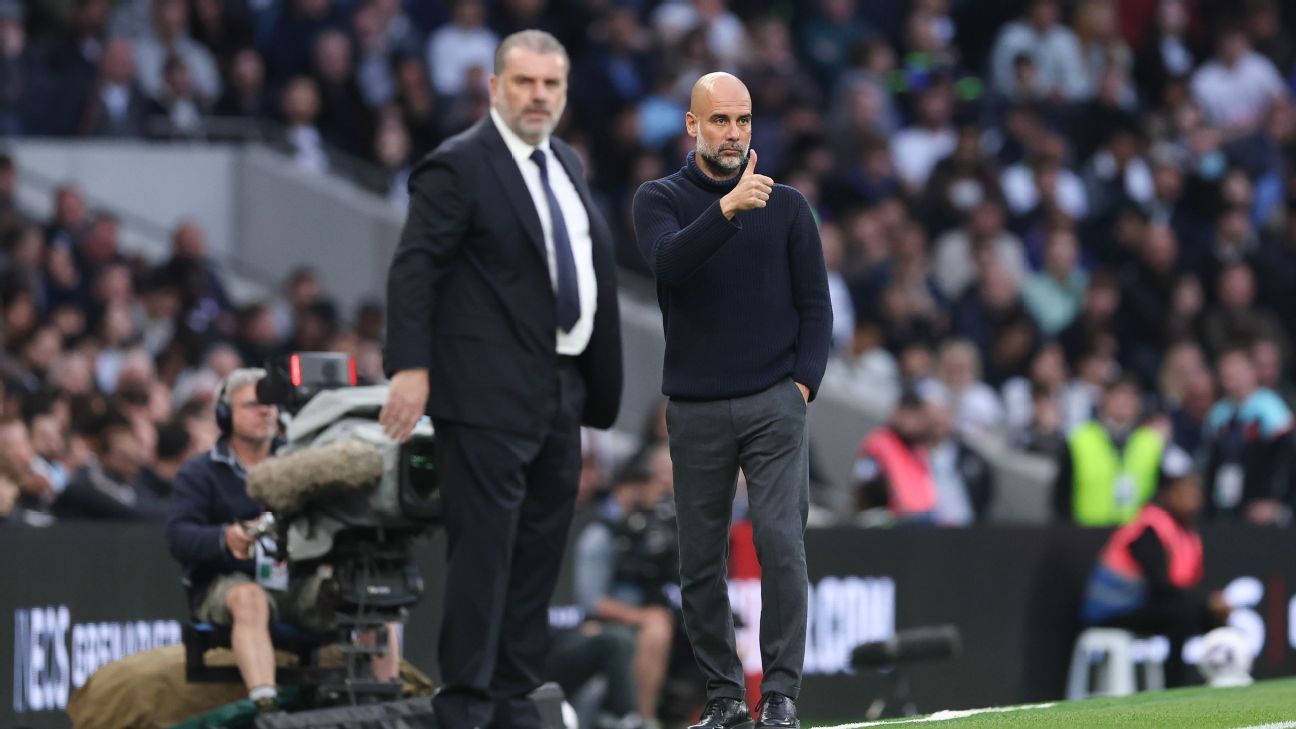
’s decision to fund free lunches for every primary school child in has brought “significant benefits” for the capital’s children, parents and schools, an independent report has confirmed. The research, published on Tuesday, found that as well as alleviating cost of living pressures, the policy “appears to be supporting calmer behaviour in the classroom”. The findings were welcomed by the , but they will also raise fresh questions over the future funding of the scheme.
The programme provided meals to 287,000 children in its first year, at a cost of £135m. It is currently in its second year, with the cost having risen to £140m. Mr Khan promised in his recent re-election manifesto to “make the provision of universal permanent, ensuring no child in our state primary schools will go hungry”.
However, his chief of staff, , admitted to the London Assembly last month that the mayor’s office was unwilling at this stage to issue a formal decision notice which would “lock in” the money to pay for the policy for the remainder of Mr Khan’s third term, which ends in May 2028. He said this was because of the need to be completely “confident that the budget is available” each year to implement the policy. “You don’t take formal decisions to commit and lock yourself into contracts, unless it’s a good thing to do,” Mr Bellamy told the Assembly’s oversight committee.
Instead, the policy is currently being budgeted for on a year-by-year basis, though Mr Bellamy suggested that this might change during the budget-setting process this winter, or following the Government’s spring spending review. Mr Khan launched the scheme in 2023 as a one-year emergency measure to help families with the cost of living, paid for using higher than expected business rate receipts. In January this year, he announced that he had extended it for a further 12 months, to cover the 2024/25 academic year and again funded largely using business rate receipts which were “more buoyant than we expected”.
But he was clear at the time that . “What I can’t do is commit to things in perpetuity when I’ve not got a recurring source of income,” the mayor told the Standard in January. “So I’m afraid the bad news is [that] I can’t say to Londoners I’ll be providing universal free school meals in perpetuity.
” Just three months later however, as his re-election campaign ramped up, . While it remains unclear how the policy will be budgeted for each year over the longer term, Tuesday’s new report sets out how the scheme has proved enormously popular with parents, and the sector. Authored by Impact on Urban Health, a group which forms part of the Guy’s & St Thomas’ Foundation, the new research found that “parents, whatever their household income, welcomed the policy and wanted it to continue”, as “they felt it countered the effects of the rising cost of living and, in many cases, had a positive impact on family life”.
The scheme has also been “valued highly by those working in schools”, the report found, with senior leaders saying it had “helped to address the problems of hidden hunger and food insecurity”. According to data collected by City Hall, in a sample of 259 schools - making up 13 per cent of London primary schools - the scheme’s average take-up was 89.1 per cent of children across the 2023/2024 academic year.
The research states: “We found the policy had greater benefits for families who were living in poverty or living on low incomes...
but more affluent families were also strongly in favour of the policy, as they felt it acted as a leveller at school”. It adds however: “School food costs are just one of many costs families face, including increased utilities and housing costs. Families have also noticed other school-related costs continuing to rise.
This has diluted the financial effects of the policy for some families.” Looking at the impact on pupils’ performance in school, the report says that the policy “appears to be supporting calmer behaviour in the classroom, with school staff reporting afternoon lessons running more smoothly when children have had a hot, healthy meal”. Pupils, families and school staff are all said to have “noticed differences related to concentration, engagement and energy levels, which are considered crucial building blocks for learning”.
But the report caveats that, “with a range of factors influencing learning, staff acknowledged it was sometimes difficult to isolate the effect of food on children”. Mr Khan said: “I’m delighted that our funding to provide free school meals for all state primary school children in London is having such a significant positive impact. “Delivering free school meals has been one of my proudest policies as mayor, and it is hugely encouraging to hear how it is supporting families struggling with the cost of living, improving the health and wellbeing of children, and positively impacting school communities.
That’s why I have made the historic decision to make free schools meals permanent in London for as long as I am mayor. “I will continue to do all I can to support Londoners as we continue to build a fairer and healthier London for everyone.”.














